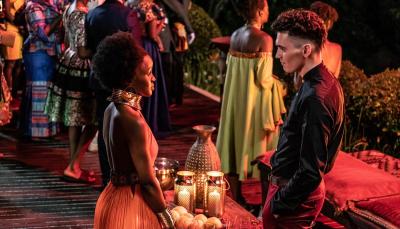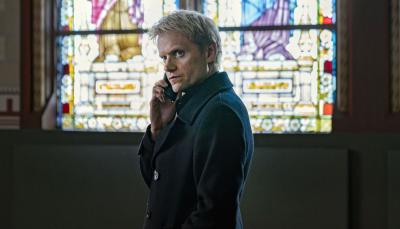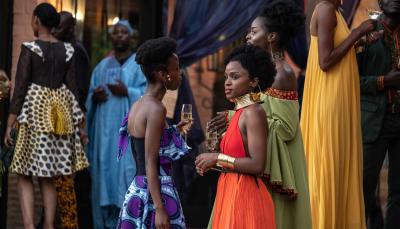Peacock’s ‘Noughts + Crosses’ Doesn’t Live Up to the Power of Its Premise

On paper, Peacock’s Noughts + Crosses should have been a buzzy summer hit – a cultural conversation starter a la Hulu’s The Handmaid's Tale that arrived at a perfect and necessary moment, pushing its viewers toward necessary conversations about issues of race and cultural privilege.
In actuality, the drama fizzles out before it ever really gets started, squandering a truly original premise and setting on the altar of flat characters and a pointlessly forced romance. I know, I know, it’s based on a young adult book, and that’s the plot of the book – and don’t get me wrong, I generally love YA fiction. But though I would happily watch more stories set in the Noughts + Crosses world – with its deeply layered societal structures and alternate global history – I could do just fine without ever seeing more of its two protagonists.
Noughts + Crosses is set in a present-day version of London, more than 700 years after the Aprican Empire invaded Europe and colonized the continent, including the island of Albion. This fictional version of England has been ruled by this stand-in for Africa ever since, and their culture has developed and adapted accordingly.
Which, naturally, means the show is instantly intriguing from its very first frames, depicting a world in which our understanding of racial and cultural relationships are inverted in ways specifically designed to both fascinate us and make us feel deeply uncomfortable. In this world, everything from clothing to hairstyles to language reflects a culture of Black supremacy, where the ruling class, here known as “Crosses”, gleefully oppress the native (read: white) “Noughts”. Segregation is rigorously enforced, interracial relationships are legally forbidden, and microaggressions are rampant.
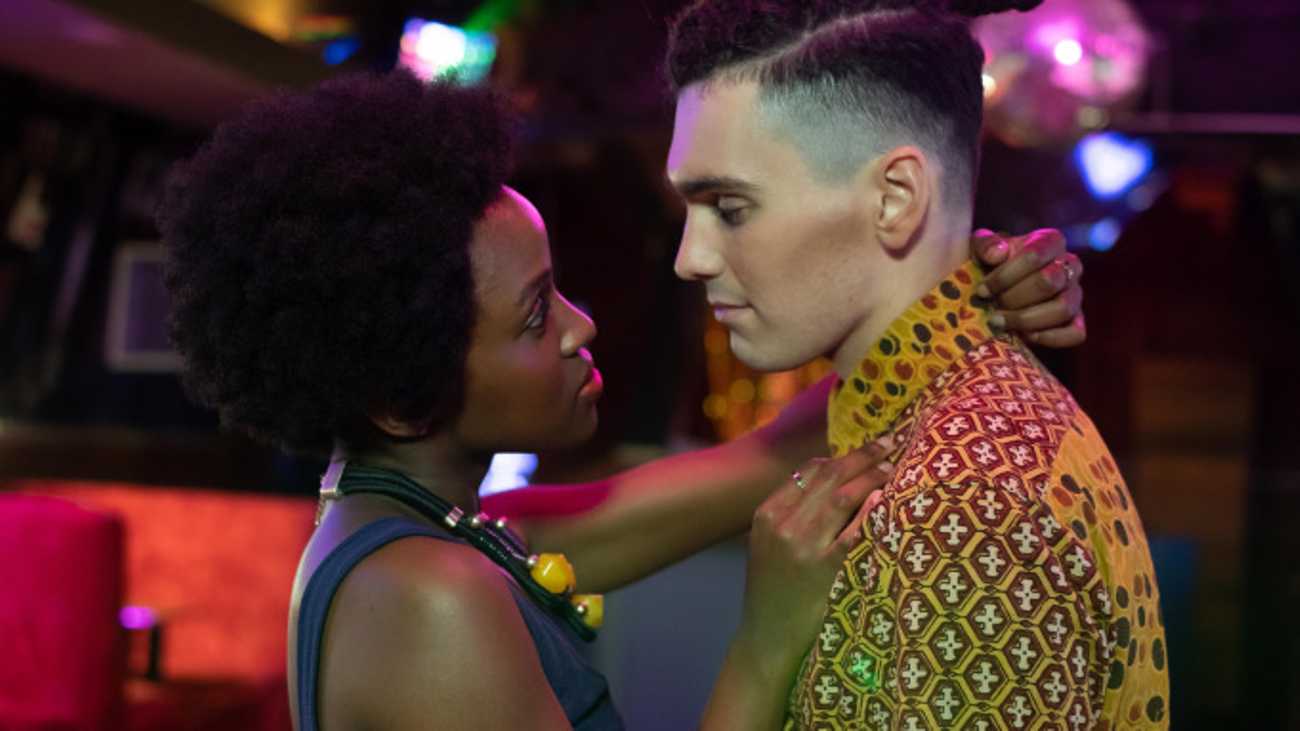
But the show is too often content to simply take the most extreme versions of the racism we witness today – police brutality and deadly force, economic oppression, segregation both forced and subtle – and just reverse the roles of those who experience it, without really contemplating how they would – and likely should – be different. Seven hundred years of oppression is a long time, and it feels a bit presumptuous to assume that the evolution of these oppressive systems would somehow automatically mirror our own and not invent new and different kinds of horror.
The other problem is that far much of the story turns around the romance of Sephy and Callum, a Romeo and Juliet-style relationship between a Cross girl and a Nought boy that feels similar to the text it’s based on in that it’s never entirely established where their connection comes from. There are offhand references to a basic childhood friendship as a result of the fact that Callum’s mother works as a maid in Sephy’s household, but for the most part, the fact of their epic love is generally taken as read, and the two move rapidly into clandestine meetings and longing stares territory.
Yet, neither of them seems to have much in common, and their constant, belabored arguments and back-and-forth breakups get tiresome very quickly. Apparently Sephy, despite being remarkably intelligent, friendly with Callum’s mom, and the daughter of a government minister who talks nonstop about how "Blankers" should be kept as second-class citizens, seems to have no idea how much more difficult Noughts’ lives are than her own. For his part, Callum is much more interesting when the story focuses on his uncomfortable role within his own family, torn between his own desire to work toward progress and inclusion within the rules of the current system and the despair that drives his brother to join an underground liberation group.
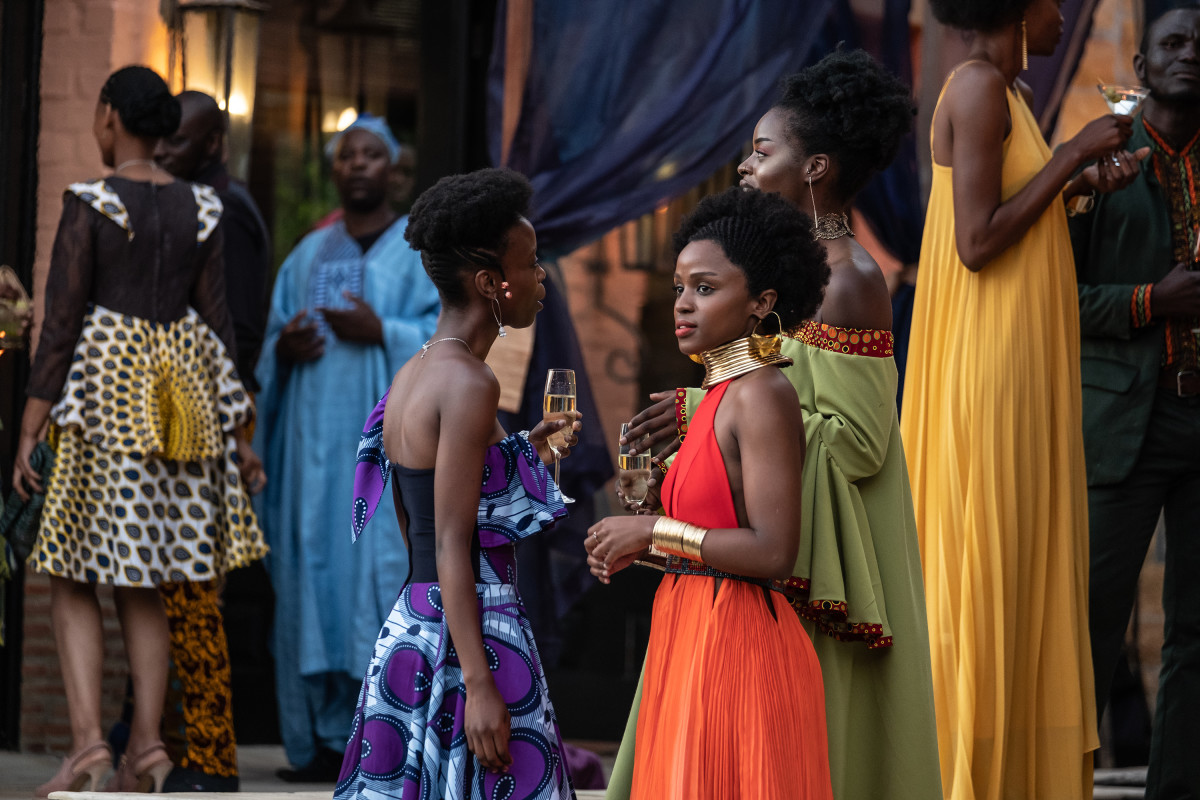
What I’m saying is this: Sephy and Callum’s relationship is 100% the least interesting part of this series, yet it’s the primary engine that powers the rest of the narrative. The two break up and make up, lie, betray one another, and completely misconstrue each other’s motives. It happens so frequently – and in such a particularly jaw-dropping fashion during the season’s sixth episode – that the fact that they keep coming back together afterward becomes honestly kind of laughable. (Made worse by the fact that the show never bothers to tell us why.)
Noughts + Crosses is at its best when it’s busy depicting the day to day life in Albion, the myriad struggles the Noughts face, and the blithe, blasé way that much of Cross culture seems fine with the idea that they belong in a position of power over the country and people they’ve conquered. This feels like a show that feels like it should have plenty of interesting things to say, and creates a rich tapestry in which to do so. That the show doesn’t really live up to the potential of the world it’s built is a real shame – but hopefully will still spark some worthwhile conversations. Just…maybe not about romance.


